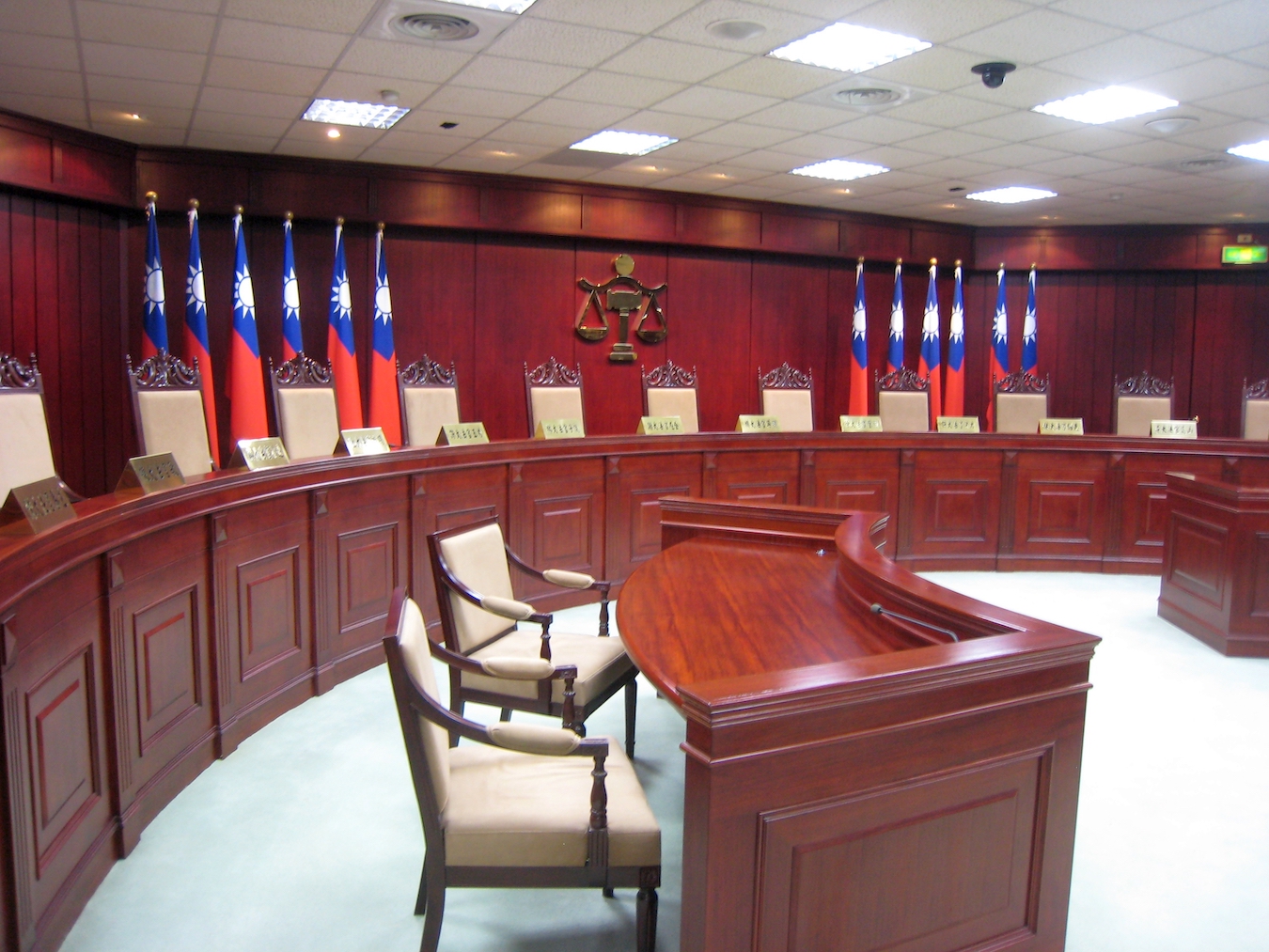by Brian Hioe
語言:
English
Photo Credit: Tze Chiang Hao/WikiCommons/CC BY-SA 4.0
THE CONSTITUTIONAL COURT ruled earlier this week that the Tsai administration’s nationalization of seventeen irrigation organizations was constitutional. The move was one that was resisted by the KMT, seeing as it was aimed at breaking the traditional pan-Blue stranglehold over irrigation organizations.
The Tsai administration’s push to nationalize irrigation associations had been ongoing for several years, with contestation over this leading to a filibuster from the KMT in January 2018. Likewise, in January 2018, the legislature voted to directly remove direct elections for the heads of irrigation agencies and to instead directly appoint them. The KMT responded to this by mobilizing thousands of followers to demonstrate.
The bill to nationalize the irrigation organizations was sent to the legislature after being signed by Premier Su Tseng-chang in April 2020, which then led to the nationalization of the irrigation associations as the Agency of Irrigation in July 2020 under the Irrigation Act.
The seventeen irrigation agencies represent 60% of Taiwan’s water supplies. With the formation of the Agency of Irrigation, the 2,300 employees of the irrigation agencies would be transferred and made into public servants.
The KMT’s argument was that the nationalization of irrigation associations violated the property rights of the general public, which was also the argument made by the Taoyuan irrigation association, which took the view that this breached members’ rights of association. The argument by the Executive Yuan was that irrigation associations were already indirectly acting as agents of the government and so could not be viewed as having basic guarantees for rights under the constitution, as they are public legal persons.
 The Constitutional Court. Photo credit: Jiang/WikiCommons/CC
The Constitutional Court. Photo credit: Jiang/WikiCommons/CC
In particular, irrigation associations were used by the KMT to maintain political control over Taiwanese farmers during the authoritarian period, and they continued to serve as networks for the KMT to mobilize votes post-democratization. Farmers have historically feared political retaliation for supporting the DPP, that their fields would literally dry up if they voted for or supported the DPP.
Another lever historically used by the KMT to maintain political control over farmers prove to be farmer’s associations, which exert power over farmers by controlling every step of the buying and selling process for produce. The financial assets of farmer’s organizations are sufficiently large enough that large expenditures are spent campaigning to be heads of these organizations. Because in any given local area, a number of local factions would be competing for control of such organizations, the KMT would use this as a way to ensure political loyalty, by using vote-buying networks to make sure that the right candidates receive the right amount of votes.
Nationalizing irrigation agencies, then, prove an attempt by the Tsai administration to break the KMT’s stranglehold over Taiwanese farmers. Other actions by the Tsai administration, such as the 2017 Forward-Looking Infrastructure Bill, also seemed to be aimed at breaking up clientelist networks maintained by the KMT by rewarding political supporters with lucrative public infrastructure projects. At the same time, it is to be seen to what extent it is successful in this endeavor.
Notably, even as irrigation associations are now under the control of the central government, the Chinese government’s import bans on Taiwanese agricultural or aquaculture products in recent times including pineapple, wax apple, custard apple, citrus, and grouper may be aimed at benefiting the KMT.
China may mean to engender the perception that Taiwanese farmers may have their products shut out of the Chinese market as political retaliation against the Tsai administration, perhaps hoping to pressure Taiwanese farmers to support the KMT in its return to power. Such tactics prove a variation of how Chinese threats directed at Taiwan, whether political, economic, or military, sometimes frame the KMT as the only party able to maintain stable cross-strait relations, so as to benefit the KMT’s electoral chances. The KMT has traditionally leveraged this claim to justify why it should hold political power in Taiwan.
Even as there have been attempts to break local networks used by the KMT to politically influence Taiwanese farmers, it is to be questioned whether these attempts to pressure Taiwanese farmers will prove successful. It is also possible, for example, that the possibility of suddenly being excluded from the Chinese market leads to farmers viewing the Chinese market as too politically volatile, leading to efforts to decouple.

